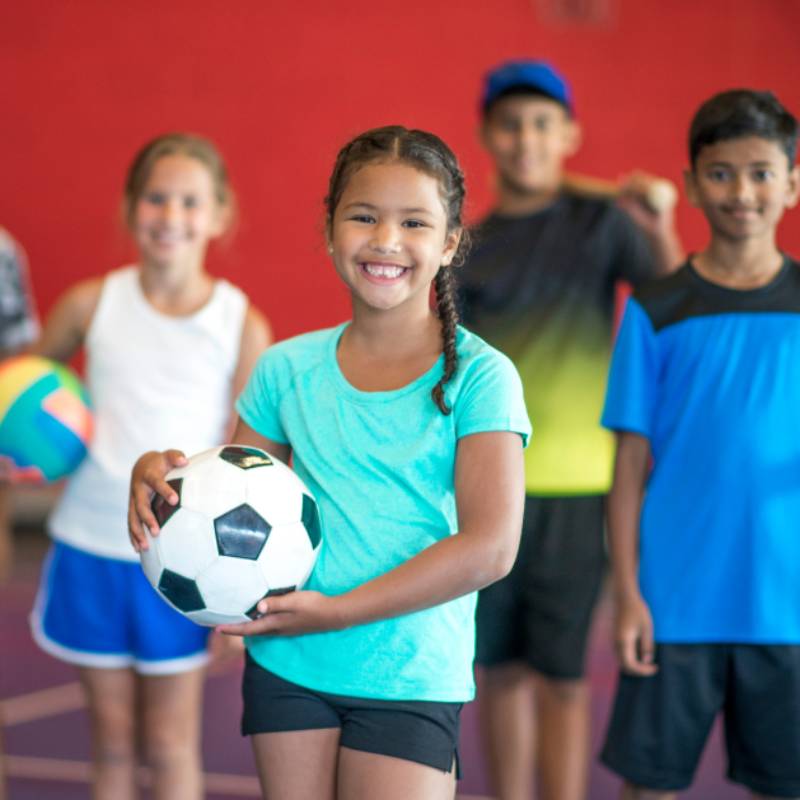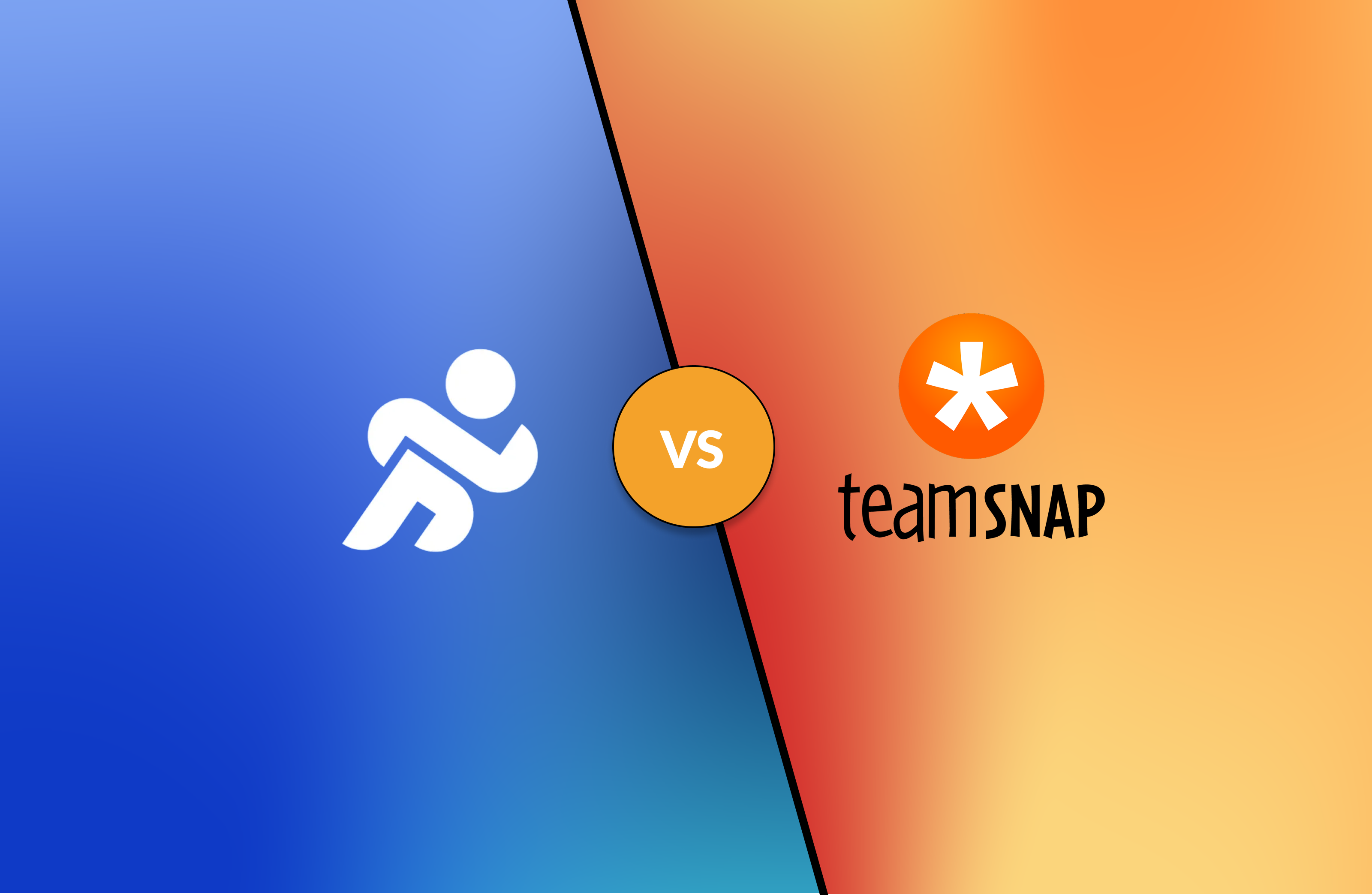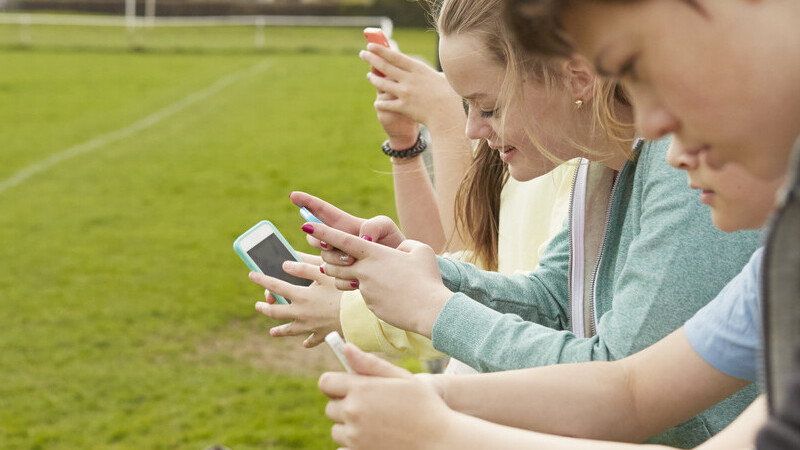Sport at school, benefits on stress and anxiety

Stress and anxiety are all too common among young people at school. This can be linked to a number of factors: the pressure to succeed, social relationships, family pressure and others. To manage stress and anxiety in children, practicing sports at school can be an excellent remedy. Indeed, sports education helps to improve a young person’s physical and mental health. Releasing hormones, escaping social isolation, managing moods and boosting confidence are all benefits of school sport.
However, it can also create additional pressures that can lead to stress and anxiety. The pressure of expectations, the feeling of incompetence and the fear of stepping out of one’s comfort zone can reinforce stress. Expectations that are too high can even lead to performance anxiety. In this article, you’ll discover the various advantages and disadvantages of school sports on stress and anxiety.
The benefits of school sports for stress and anxiety management
Sport releases hormones that reduce stress and anxiety
From a purely scientific point of view, physical activity releases positive hormones such as :
- Endorphins: provide a feeling of well-being and happiness;
- Dopamine: improves mood and motivation;
- Noradrenalin: regulates the body’s response to stress;
- Serotonin: regulates emotions.
In short, physical activity naturally helps to combat stress and anxiety.
School sports as a method of managing children’s moods
In everyday life, but especially at school, children are subjected to a variety of stressful and anxious situations. Exams, oral presentations, social pressure, the way others look at them… Sport is often seen by young people as a way of relieving all this pressure. Even on a difficult day, a sports education class can be a calming moment. Allowing us to forget the moments that may have affected us earlier in the day. It’s also the role of the coach to ensure that the child enjoys the sports session and leaves in good physical and mental condition..
Sporting activities boost children’s self-confidence
Just like any other subject taught at school, physical education aims to help pupils progress in any sporting activity. So, by training and improving their sporting skills, children can feel more confident and able to take on challenges, which helps to reduce stress and anxiety.
In school sports, success is not defined in the same way for every child. What matters is motivation and improvement over the course of a cycle. If young people succeed in achieving their personalized goals, their self-confidence will increase, reducing stress and anxiety.
Sport at school can also develop certain social skills that help build self-confidence and manage stress. These include cooperation, team spirit, leadership, communication, inclusion and others. Once again, it’s the coach’s role to use these values to build his or her training sessions.
Physical education helps combat social isolation
Social isolation at school is a phenomenon that can affect many children. It can be caused by a number of factors, such as a lack of social skills, difficulties integrating into a group, or bullying at school. This can have serious consequences for a child’s mental health, leading to stress and anxiety.
Stress and childhood often go hand in hand, precisely because of social isolation. One way of reducing this factor is through physical education classes. Indeed, sport can be a way of forging links with other students, thus reducing loneliness.
Implicitly, sports also help to understand and develop social skills such as cooperation, empathy, listening, communication and mutual aid. These skills can lead the socially isolated young person to work on his or her relationships with other students.
Sport at school is therefore an excellent way of reducing children’s stress and anxiety in a context that can be subject to a variety of emotional pressures.
The disadvantages of school sports for children's stress and anxiety
Lack of confidence in physical abilities: feelings of incompetence
Sport at school is not only beneficial for children, it also has its drawbacks, which can lead to stress and anxiety. Sometimes, young people can lack optimism in their physical abilities. This may be due to a lack of experience, or a lack of self-confidence. In certain situations, this can lead to stress and anxiety:
- Feeling inferior to peers;
- Fear of failure and criticism;
- Low self-esteem.
These elements can be found in other subjects at school, but are even more present when it comes to physical education and sports.
The pressure of expectations
School sport is generally less competitive than club sport. However, a child may feel a certain amount of pressure from the outside world. This pressure can come from a number of sources, leading to stress and anxiety.
Firstly, the child may receive pressure from the school coach. The coach’s role is to focus the student’s success on motivation and improvement, rather than on performance. The pupil needs to be comfortable with his or her level and eager to progress.
The young person may also be subject to parental pressure regarding the importance they attach to sports education. Most of this pressure can be found in sports outside school, but parents may place too much emphasis on school sports.
Finally, the student may tend to compare himself to other students and indirectly receive pressure to match their level. In team sports, some over-competitive youngsters can also put pressure on their team-mates.
Fear of leaving one’s comfort zone
Generally speaking, children have no trouble stepping out of their comfort zone. Nevertheless, for some of the more shy ones, it’s really difficult to put themselves forward and expose themselves to the gaze of others. In physical education, young people have to get out of their comfort zone:
- Surpass yourself and your physical abilities;
- Confronting unexpected situations;
- Feeling vulnerable in certain activities;
- Fear of participating fully in an activity, of taking the lead;
- Fear of the locker room.
Physical education classes are often popular with young people. For some, however, it’s a complicated time, as they don’t like to step out of their comfort zone. The trainer’s role is to try and accompany the shy pupil, respecting his or her pace. There’s no point in rushing a child to get involved: at best, he’ll shut himself off and won’t want to participate at all.
Other ways to reduce stress and anxiety in children
In addition to sport, there are a number of other ways to support a child suffering from stress and anxiety. A verbal exchange with a trusted adult who will listen to the anxious child and his or her concerns can also improve the situation. Relaxation and meditation exercises can also be undertaken to reduce stress. Even for children, the practice of yoga is very interesting! Children are also much less stressed when their days are well organized. Certainly, a routine gives the child a sense of control, making it easier to relax.
All in all, school sport is an excellent way of reducing stress and anxiety in children, provided it is carried out under the right conditions. Indeed, physical activity helps to manage moods, build self-confidence and combat social isolation. To achieve this, young people need to be encouraged to get out of their comfort zone. At the same time, we need to ensure that students are not under pressure, and that they take pleasure in the sport they undertake.
Don't miss our new year-end gala organization guide!
Karl Demers



